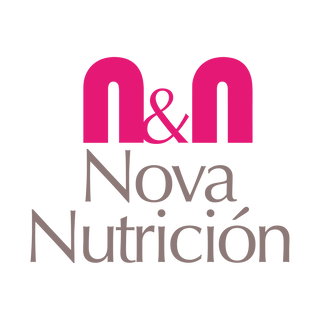Flamingos and Astaxanthin
Despite the high temperatures of the sun, flamingos find their home in the marshes of tropical and subtropical regions around the world. Have you ever wondered how these birds withstand such extreme conditions? What's their secret?
Their resilience is linked to their distinctive pink color, which they obtain thanks to a pigment called astaxanthin . This natural carotenoid is abundant in the algae and organisms present in the marshes, forming an essential part of the flamingos' diet.
What is astaxanthin?
Astaxanthin is a red pigment found in shellfish and also in the feathers of flamingos and quail, among others . Its structure is similar to beta-carotene, but with some chemical differences that may make it safer. Astaxanthin has the unique ability to incorporate itself into cell membranes, interacting both intracellularly and extracellularly.
What are the benefits of astaxanthin?
-
Oxidative Stress Reduction: Astaxanthin can reduce markers of oxidative stress, protecting cells from free radicals and contributing to cardiovascular health and anti-aging.
-
Skin Protection Against UV Rays: Consuming astaxanthin can help protect the skin from ultraviolet damage, accumulating in the layers of the dermis and epidermis and blocking the penetration of UV rays.
-
Immune System Support: Astaxanthin influences the immune system, activating white blood cells (T cells and NK cells) to strengthen the body's natural defenses.
-
Inflammation Reduction: In addition to stimulating the immune system, astaxanthin can help reduce inflammation, being beneficial in inflammatory diseases such as rheumatoid arthritis.
-
Cognitive Health Support: Carotenoids, including astaxanthin, may have positive effects on brain health, crossing the blood-brain barrier and providing protection for the brain.
-
Healthy Heart Function: Astaxanthin may help improve heart health by reducing LDL or bad cholesterol and increasing HDL or good cholesterol.
Health Risks Related to Astaxanthin:
-
Interaction with Blood Pressure Medications: May lower blood pressure, so its use alongside blood pressure medications should be evaluated by a healthcare professional.
-
Pregnancy and Breastfeeding: The effects of astaxanthin during these stages are unknown, so caution is advised.
-
Allergic Reactions: People with known shellfish allergies should avoid astaxanthin from these sources.
-
Amounts and Dosage: There is no set dosage, but caution is advised, and health recommendations should be followed. The FDA-approved amount is up to 12 milligrams per day.
Finally, it is fascinating to observe how a diet rich in astaxanthin affects the color of flamingo feathers, serving as an indicator of their health and well-being . This phenomenon reveals the close relationship between nature and health, highlighting the importance of astaxanthin in the lives of these birds and its potential benefits for humans.



